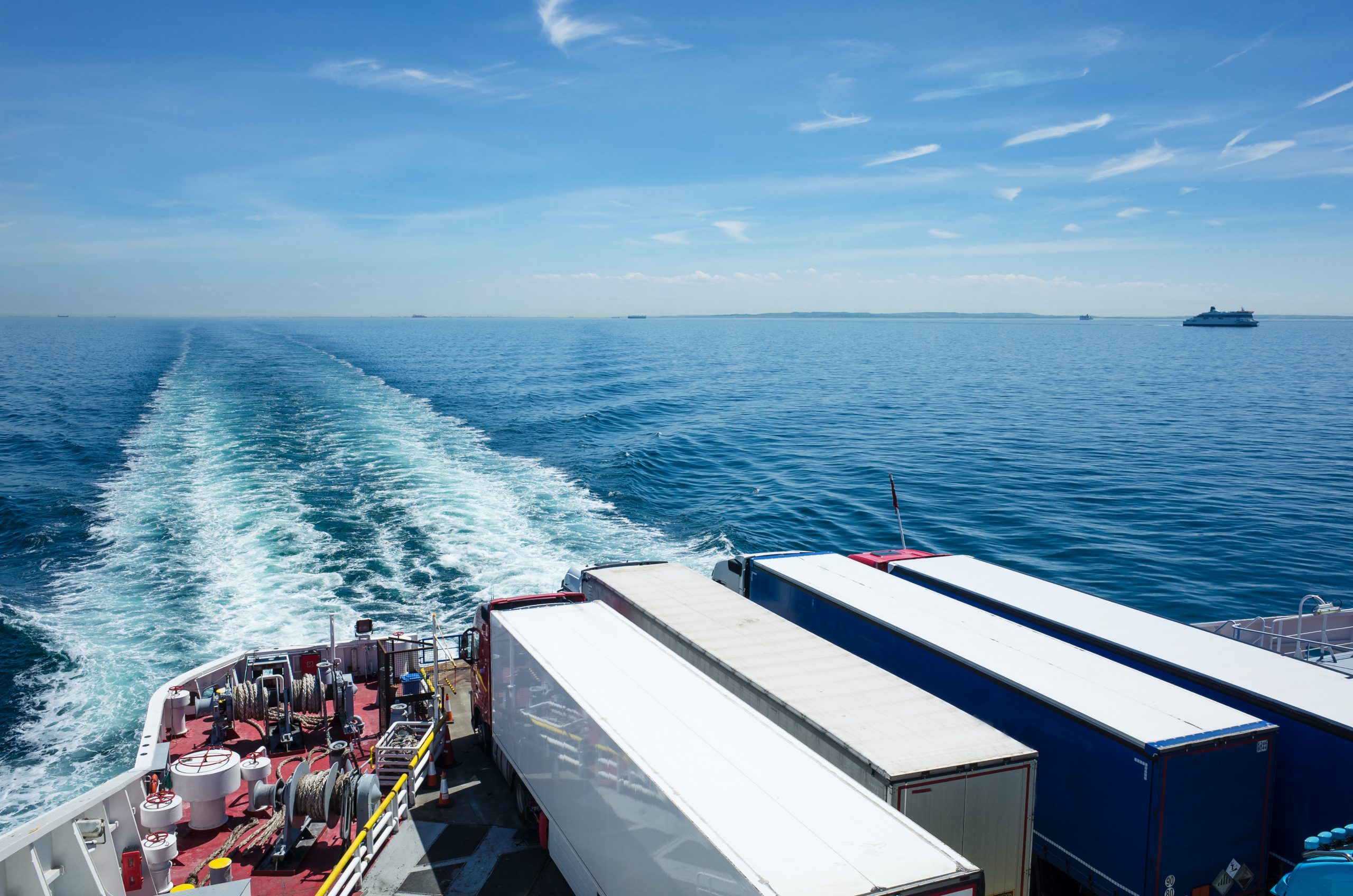There was at one point, for some time, uncertainty over whether safety and security declarations (SSD) will need to be made as well as import and export declarations in order to move goods internationally. However, it has now been confirmed that these will be needed. Further still, it looks like the carrier may be liable for ensuring that the necessary SSDs are made at the correct time.
There are two types of SSD to be made, an exit summary declaration (EXS) made when goods are exported, and an entry summary declaration (ENS) made when goods are imported. The carrier is generally going to be the entity required to submit the EXS to the UK customs authorities when goods are being exported. However, it is not yet clear how this is to be done, when, in the UK, the EXS would normally be merged with the customs export declaration.
It could be that in order to make the relevant EXS, a haulier or carrier will be required to carry their own EORI number, although this is our own speculation and in no way confirmed. It may simply be the case that the carrier will have to confirm with their customer, or their customer’s representative, that the necessary arrangements are in place to ensure that the requisite SSDs have been made. There are (it is worth knowing) specific circumstances in which a standalone EXS will need to be made as opposed to a declaration merged with customs documentation. Some examples of such circumstances are:
- An empty container moved under a transport contract (a transport contract, or contract of carriage, is an agreement between a carrier and shipper or passenger, setting out each party’s duties and rights).
- Where the goods have remained in temporary storage for more than 14 days.
- Where the goods have remained in temporary storage for less than 14 days but the import safety and security declaration details are unknown, or where the destination or consignee details change.
- Where the goods are moved under transit using a Transit Accompanying Document (TAD) or Transit and Safety and Security Declaration (TSADs) – TSADs cannot be used to meet safety and security requirements in GB from 1 January 2021.
It would be wise for hauliers to consider a review of their terms and conditions to ensure that these circumstances (and other Brexit-related circumstances) are considered. This is something that the Corporate and Commercial Department at Backhouse Jones can assist with.


